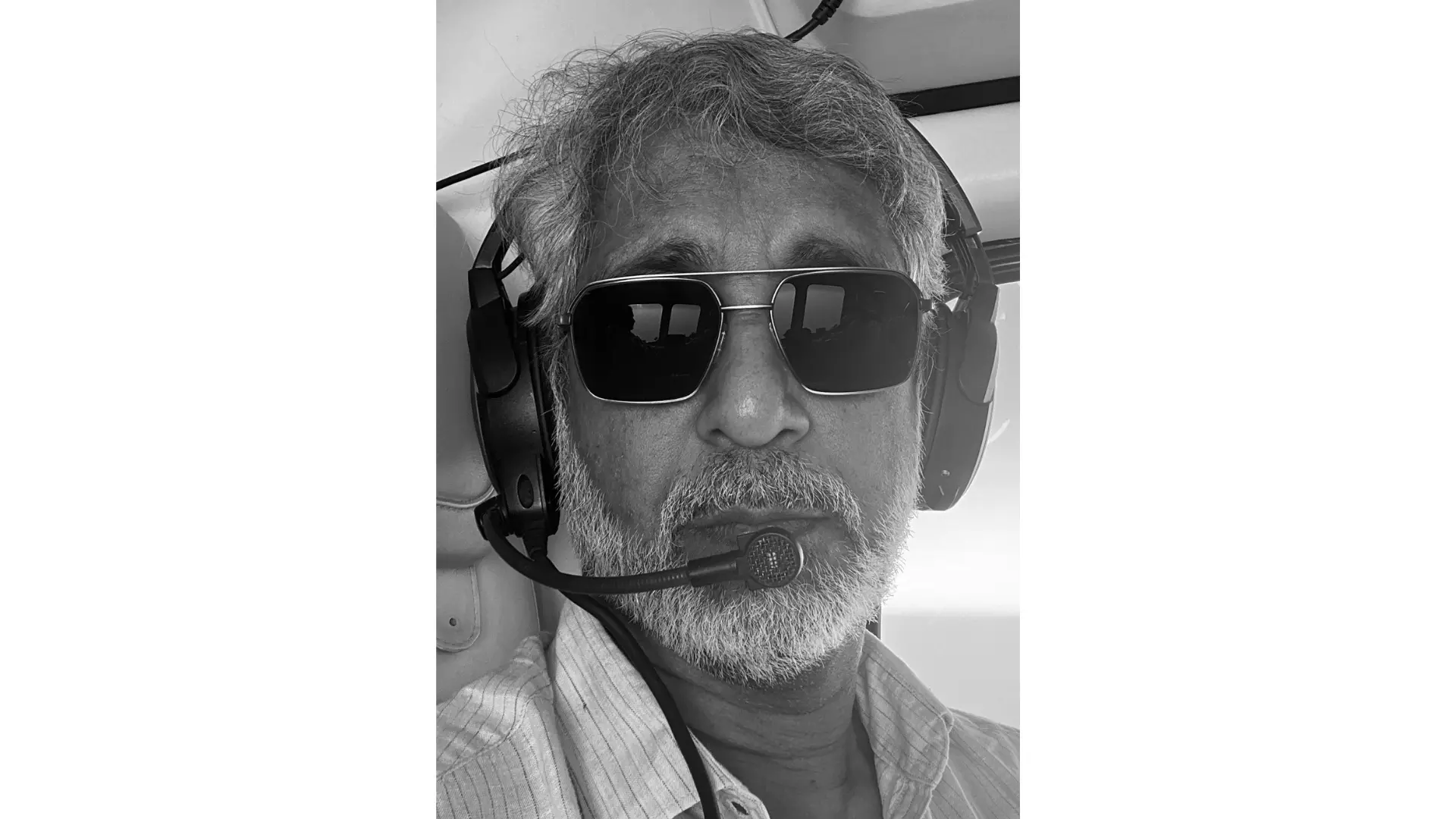BJP slams BRS govt over Medigadda, Kaleshwaram project
Kaleshwaram project has become a hallmark of corruption of the Telangana Government, says Kishan Reddy

Hyderabad: The BJP on Friday mounted a frontal attack on the BRS government on the Kaleshwaram project with BJP state president and Union Minister G Kishan Reddy saying the project has become a “hallmark” of “corruption, failed projects, leakages” of the Telangana state government.
Kishan Reddy, quoting from the National Dam Safety Authority report on Medigadda barrage, took to X saying “after inspection of the leakages/sinking of the Medigadda barrage, the Dam Safety Authority of India reports that the Medigadda, Annaram, and Sundilla barrages of the Kaleswaram project have serious planning, design, construction, and O&M issues. Telangana’s decades-long fight for statehood has centered around Water and the Statehood was achieved after supreme sacrifices by thousands and a relentless agitation by all sections. Today, 10 years after its formation, Telangana, under the BRS government headed by KCR, after spending 1.5 lakh crore, is in a situation where it cannot harvest its water.”
Union Minister for Jal Shakti, Gajendra Singh Shekhawat too criticized the state over the project saying that “it is appalling to know that the greed and corruption of the BRS government has led to risking lives of lakhs of people and loss of crores of rupees of tax payers’ money.” Shekhawat too posted on X saying “K Chandrashekar Rao led Telangana govt’s corruption stands hopelessly exposed.” Meanwhile, BJP MP and former state party president Bandi Sanjay Kumar said “the shoddy work exposes the capabilities of the ‘Engineer KCR’, who looted public money in the name of irrigation. Can BRS now give a power point presentation on this failure?”
In its report, the NDSA said poor design, and lack of quality control during construction are responsible for the sinking of a portion of the Medigadda ‘Lakshmi’ barrage of Kaleshwaram Lift Irrigation Scheme. It also cautioned that two other structures of the project – at Sundilla ‘Parvati’, and Annaram ‘Sarawsati’ barrages upstream of Medigadda – could well face the same fate as that of Medigadda, which the NDSA said “under the present condition cannot be functional until rehabilitation.”
In a 43 page report, that included a 11-page letter to Rajat Kumar, the special chief secretary of irrigation department of Government of Telangana, the NDSA also made it clear that under the present conditions, filling of the reservoir “would worsen the barrage’s health and should not be resorted to.” It further said “the distress condition developed in one block of the Medigadda barrage is adversely affecting the functionality of the barrage. The barrage under the present condition is rendered useless until fully rehabilitated.”
The letter from Sanjay Kumar Sibal, chairman of the NDSA, along with a long list of annexures detailing every aspect of the inspection by NDSA team, was sent to Rajat Kumar on November 1.
Sibal said the NDSA committee had sought a list of 20 data/inputs to examine the problem at Medigadda but the project authorities submitted only 11 items. The non-submission of the rest of the reports would be construed that the irrigation department “has nothing to submit about instrumentation data, pre and post-monsoon inspection reports, completion reports, quality control reports, condition of gates and other inputs sought.”

The report also said there were deficiencies in project design and planning and among examples of this it cited, included how “the barrage has been designed as a floating structure but constructed as a rigid structure.” It further said the dam owners did not inspect or maintain the cement concrete blocks or launching aprons since the commissioning of the barrage in 2019. In this regard, it said the maintenance deficiency of the dam owners has progressively weakened the barrage, leading to its failure, adding that this is a significant lapse on the operation and maintenance front.
The NDSA report concluded that after eliminating other possibilities, it can be assumed that shifting of sand from under Block No 7 at Medigadda caused its sinking and that its impact would be felt on the adjacent Block 6 and Block 7. The report also raised serious concerns ove the quality of construction saying the “barrage design was not done as per relevant BIS codes and the Central Board of Irrigation and Power manual.” There appears to be “construction deficiency due to a lack of stringent quality control during the construction of sub-surface contiguous secant piles and plinth connection between the raft and cut-offs. Gaps might have been created in the secant pile formation, making the barrier permeable leading to piping and subsequent progressive failure.”
The report said it was not just the damaged block at Medigadda that is a cause for concern, adding that there was a likelihood of failure of other blocks which would “warrant rehabilitating the whole barrage.”
According to the report, a copy of which is available with Deccan Chronicle, the project authorities also violated rules and regulations of the Dam Safety Act 2021. The report called it “a serious matter as the barrage (Medigadda) has a high-risk potential for life and the economy.”
On the on-site inspection by the NDSA team on October 24 after the subsidence was reported on October 21, the report said “no access or arrangements had been made by the project authorities for the committee to inspect” the condition of the underwater components to ascertain the extent of damage of the raft (foundation).”
With respect to leaks discovered a few days ago at Sundilla and Annaram barrages, that are located upstream of Medigadda, the report said they too were built using similar designs and construction methods which make them prone to failures as experienced at Medigadda which saw one of its blocks (Block no 7) sink. The signs of boiling of water downstream of Annaram, is a precursor to failure, the report said, adding that these too should be examined urgently for signs of distress.

